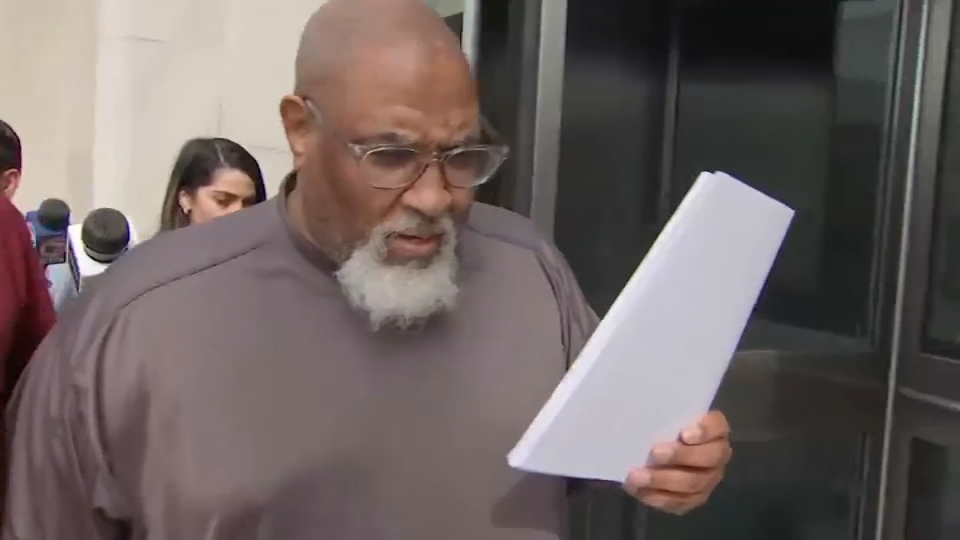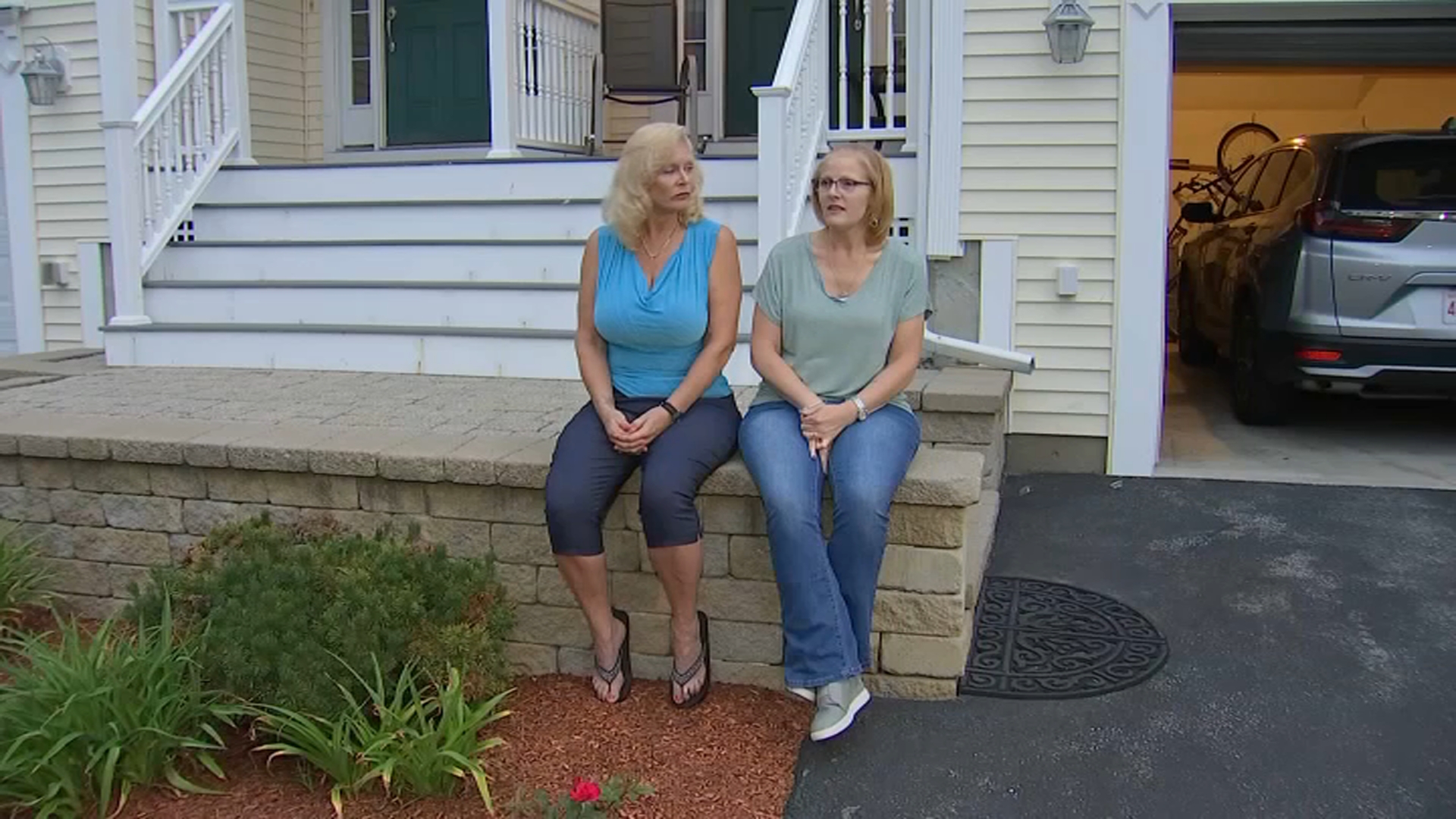
An independent review of Harvard's long-running human body donation program, begun after the discovery that a staffer was allegedly stealing and reselling donated body parts from the Harvard Medical School morgue, has returned dozens of recommendations, university leaders said Thursday.
The Harvard Anatomical Gift Program should revise its policies and procedures, add oversight, offer staffers more training and look for areas to improve its infrastructure, the report's three authors said in the document, dated Nov. 22. Harvard is reviewing the recommendations, which are organized into 13 sections, and working on a plan to implement what will work.
WATCH ANYTIME FOR FREE
>Stream NBC10 Boston news for free, 24/7, wherever you are. |
"We owe it to our community, and especially to our anatomical donors and their loved ones, to ensure that Harvard is worthy of those who, through selfless generosity, have chosen and will in the future choose to advance medical education and research. An anatomical donation is among the most altruistic acts and deserves our attention and profound respect," Provost Alan Garber and medicine faculty Dean George Daley said in a statement.
The report, which was shared directly with families of donors and people who have registered as donors Thursday, does not make any findings about the criminal activity that Cedric Lodge, the manager of the Anatomical Gift Program morgue, is alleged to have undertaken, since that remains an open criminal investigation and prosecution, according to Harvard. The school also noted that it's already made changes to the Anatomical Gift Program, including enhanced security and donation tracking.
Get updates on what's happening in Boston to your inbox. Sign up for our >News Headlines newsletter.
"Lodge's alleged criminal acts, which involved the unlawful interstate transport of stolen human remains, are morally reprehensible and inconsistent with the standards that Harvard University, Harvard Medical School, our anatomical donors, and their loved ones expect and deserve. We reaffirm our deep sorrow for the continued uncertainty and distress that families face as the criminal proceedings continue," Garber and Daley said.
Read the report here:
The authors of the report all come from outside Harvard. Dr. Sally Aiken once served as president of the National Association of Medical Examiners, Robert McKeon directed the Emory University School of Medicine's body donation program and Brandi Schmitt is the executive director of anatomical services at University of California Health.
The body parts were stolen from the morgue between 2018 and 2023, federal prosecutors have said. Lodge was accused of letting buyers come in and select the remains they wanted to buy from donated cadavers, stealing them and shipping them from his home in New Hampshire.
Up to 400 body parts were stolen and sold from the morgue, according to prosecutors. They shared how buyers and sellers discussed the body parts in disturbing detail — one Pennsylvania man allegedly sent Lodge's wife "$200 with a memo that read, 'braiiiiiins,'" according to a criminal complaint.
Lodge, who has pleaded not guilty, was fired in May and Harvard deans wrote an emotional public letter, titled “An abhorrent betrayal,” explaining the indictment and apologizing for the pain this would cause the community and the families of those affected.
Cadavers have long been donated to the Anatomical Gift Program to be used for doctors in training and medical research. Harvard medical students have organized an annual memorial service for donated cadavers, and among the independent panel's recommendations is to open that ceremony "to all students and faculty, as well as the families and loved ones of all donors. This would allow families and community members to gain understanding directly from students about the value of the gift."
Along with the criminal prosecution of the alleged participants in the scheme, the theft of donated body parts has led to a slew of lawsuits against Harvard from donors' family members.
“Everything in this report is very basic,” said Kathryn Barnett, one of the attorneys leading the lawsuits against Harvard. “Very common sense, minimum standard, not just for running this kind of business. Any business. I mean for Heaven’s sake, if Harvard wasn’t already doing this then shame on them.”
“We were all hoping for some answers,” said Dr. Jack Porter, whose wife’s body was donated to the program. “We didn’t get any answers in this report.”




